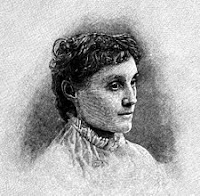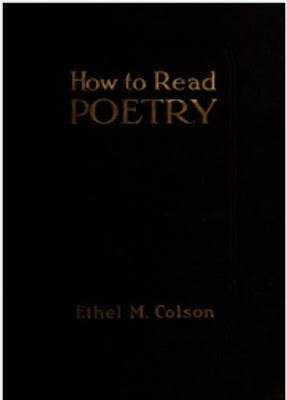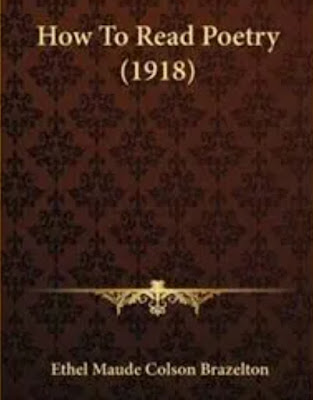The Story of a Dream
by Ethel Maude Colson
Just over the border which lies between
The life which we feel and know
And that which no earth-blind eyes have seen,
Is a place where all souls must go;
Where strange things happen and visions come,
And life like a fancy seems.
As far and faint as a wild bee’s hum, —
’Tis the wonderful Land of Dreams.
There joys too pure for this baser earth
Lie waiting for eager hearts,
And loves which died in their very birth
Grow near as the world departs;
There vanished faces look forth and smile,
And many a lost hope gleams,
And buried thoughts live a sweet, short while, —
In the wonderful Land of Dreams.
There sorrows shirked must be borne anew,
And many a heart mustache;
But how sweet is the land where all dreams are true,
The world which each soul must make!
Glad Life and Death in its bounds are one.
Each fed by its varying streams,
And all return, when their days have gone, —
To the wonderful Land of Dreams
Bibliographic Information
Title: The Story of a Dream, American Fiction, 1774-1920
Author: Ethel Maude Colson
Publisher: C.H. Kerr, 1896
Original From: Michigan State University
Digitized: Oct 15, 2013
Length: 304 pages
Buy Ethel Maude Colson Books at Amazon
About the Author
Edith Matilda Thomas (August 12, 1854 – September 13, 1925) was an American poet who "was one of the first poets to capture successfully the excitement of the modern city." Wikipedia
The PDF might take a minute to load. Or, click to download PDF.
If your Web browser is not configured to display PDF files. No worries, just click here to download the PDF file.





.jpeg)
